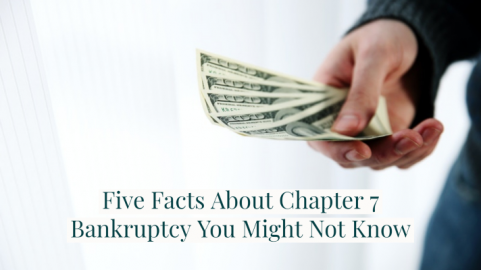
Ever bought a car? Did it ever turn out to be a dud? It is rare, but it has been known to happen. Cars are big, complex machines. Even if every single procedure is followed identically from one car to the next, something could go wrong, and one car could run perfectly, while the very next one could be faulty. Luckily there are some NY State laws that can help the consumer in these cases.
They are known either as the New York State lemon laws or the New York State used car lemon laws, and refer to a brand new car that turns out to not work properly. Before it was tied into NY State laws, the term “lemon” was actually used to describe any item that happened to be highly flawed. Its etymological origins can be traced back to the beginning of the 1900s as an American and British slang term. In the 1960s, Julian Koenig used the term to refer to a defective Volkswagen model, where it stuck as an auto term.
According to NY State laws, the official definition for a lemon is when a car does not conform to the terms of the written warranty, and the manufacturer or the authorized agent is unable to repair the vehicle after a reasonable number of attempts. In this case, the consumer is entitled a refund or replacement of the vehicle.
Cars that are covered by this law must fit every one of the following qualities. The car must be covered under warranty at the time of original delivery. The vehicle must have been purchased, leased or transferred within 18,000 miles or two years from the original delivery, whichever comes first. The car must have been purchased, leased, or transferred in New York State, or be presently registered in the state. And it must be used primarily for personal purposes.
Even if your meet those four criteria however, there are two exceptions to the law that you must be aware of as well. If the problem does not substantially impair the value of the car to the consumer, the lemon law does not take affect. And if the problem is a result of abuse, neglect, or unauthorized alteration to the car, then the lemon law cannot be applied either.
But if your car is brand new and is defective through no fault of your own, you are entitled to replacement or refund through the good old lemon law. Keep those laws in mind, as well, the next time you go shopping for a new car. If they do not have you sign at least one sheet about the lemon law, ask about it. If they say it is not needed, get out of there, as it sounds awfully scammy.
